Importance of a Healthy Salad Diet
A healthy sala diet is essential for maintaining optimal health and well-being. Salads are packed with nutrients, including vitamins, minerals, and antioxidants, that support various bodily functions. They are also a great way to incorporate a variety of vegetables into your diet, ensuring you get a wide range of nutrients. Additionally, salads can help promote weight loss and manage weight by providing high levels of fiber and low-calorie options. By making salads a regular part of your meals, you can improve your overall nutrition and enjoy the numerous benefits they offer.
1 Nutritional Value of Salads

Salads are a powerhouse of nutrition, providing a wide array of vitamins, minerals, and antioxidants. They are low in calories and high in fiber, making them a great choice for weight management. Leafy greens like spinach and kale are rich in iron, while colorful vegetables like bell peppers and tomatoes offer an abundance of vitamins A and C. Adding lean proteins such as chicken or tofu boosts the protein content. Overall, salads offer a delicious way to fuel your body with essential nutrients for optimal health.
2 Health Benefits of Incorporating Salads into Your Diet
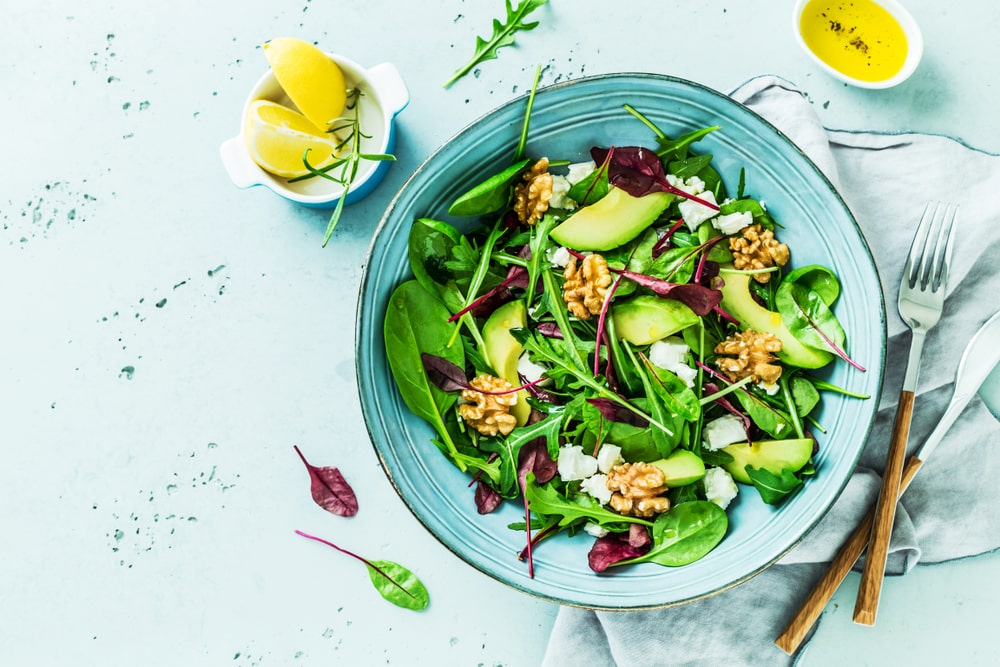
Incorporating salads into your diet offers numerous health benefits. Firstly, salads are a great source of vitamins and minerals, providing essential nutrients for optimal bodily function. Secondly, they are high in fiber, which aids digestion and helps maintain a healthy weight. Additionally, salads are low in calories and can be an effective tool for weight management. By incorporating salads into your daily meals, you can nourish your body with the goodness it needs while enjoying delicious flavors and textures.
Types of Salad Greens and Ingredients
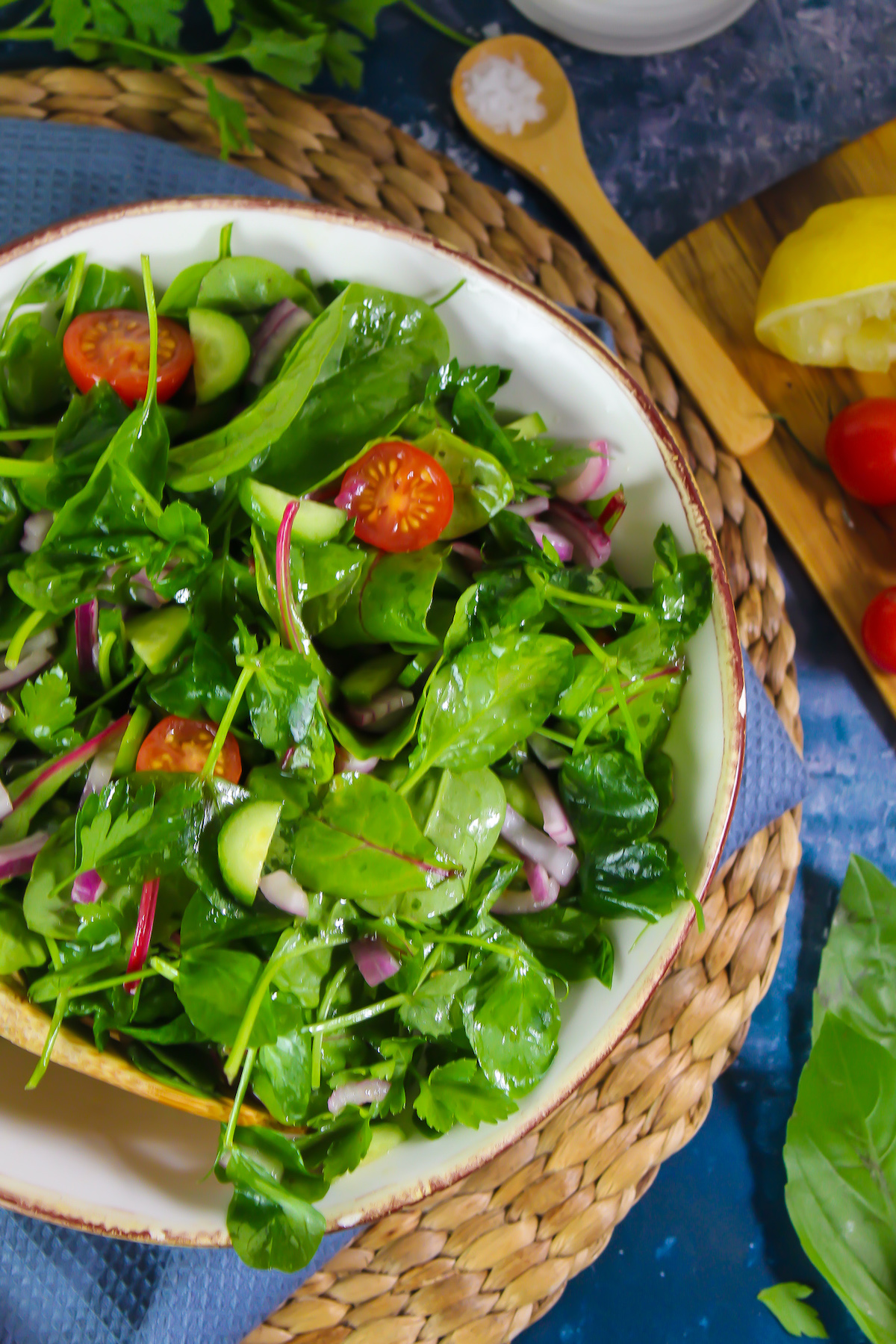
When it comes to creating a delicious and nutritious salad, the choice of greens and ingredients is key. There are various types of salad greens to choose from, including romaine lettuce, spinach, arugula, kale, and mixed greens. These greens provide a range of vitamins and minerals that promote good health. Additionally, incorporating a variety of colorful vegetables such as tomatoes, cucumbers, bell peppers, carrots, and radishes adds flavor and texture to your salad while boosting its nutritional value. Don't forget to include some protein-rich ingredients like grilled chicken or tofu for a satisfying meal.
1 Variety of Salad Greens for Optimal Nutrition

To ensure optimal nutrition in your salads, it's important to incorporate a variety of salad greens. Some popular options include romaine lettuce, spinach, arugula, kale, and mixed greens. Each type of green offers its own unique set of vitamins and minerals. For example, spinach is rich in iron and folate, while kale is packed with vitamin K and antioxidants. Mixing different greens not only adds visual appeal to your salad but also provides a wider range of nutrients for overall health benefits.
2 Essential Ingredients to Include in Your Salad
When it comes to creating a nutritious salad, there are two essential ingredients that you should include: protein and healthy fats. Protein helps keep you feeling full and satisfied, while also providing important building blocks for your body. Opt for lean sources of protein such as grilled chicken, tofu, or chickpeas. As for healthy fats, they provide satiety and promote nutrient absorption. Add avocado slices or a sprinkle of nuts or seeds to your salad for a dose of heart-healthy fats. By incorporating these two ingredients into your salads, you'll create a well-rounded meal that will leave you nourished and satisfied.
Easy Salad Recipes for a Balanced Diet
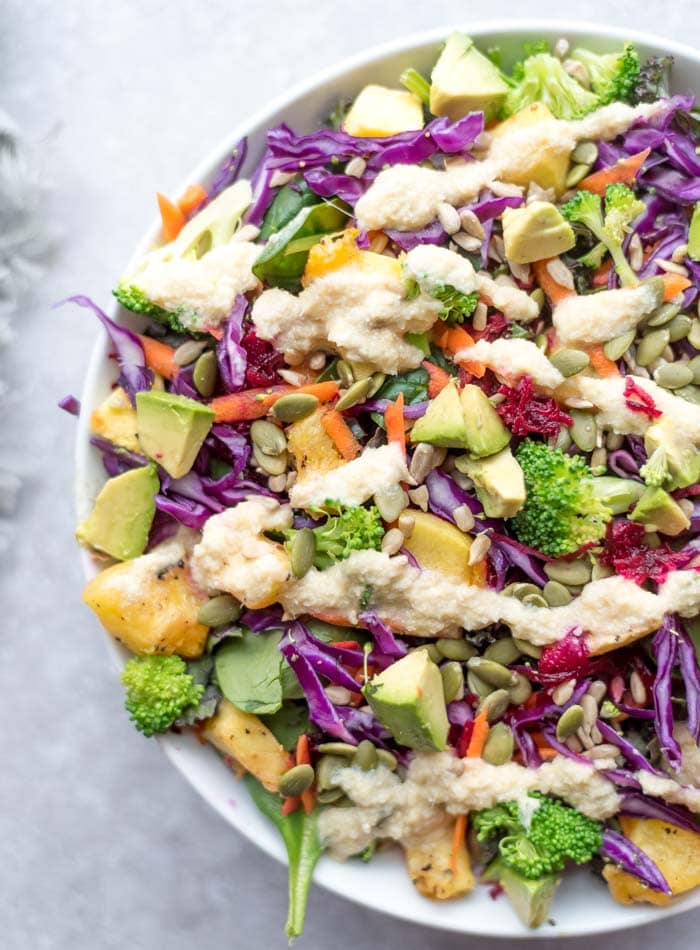
If you're looking for easy salad recipes that are both nutritious and delicious, here are a few ideas to get you started. Try a Mediterranean-inspired salad with mixed greens, cherry tomatoes, cucumber slices, feta cheese, and olives. Or whip up a refreshing watermelon and feta salad with arugula and mint. For a protein-packed option, make a grilled chicken or shrimp Caesar salad with romaine lettuce, Parmesan cheese, and homemade dressing. These simple recipes will help you maintain a balanced diet while enjoying flavorful meals.
1 Simple and Nutritious Salad Combinations
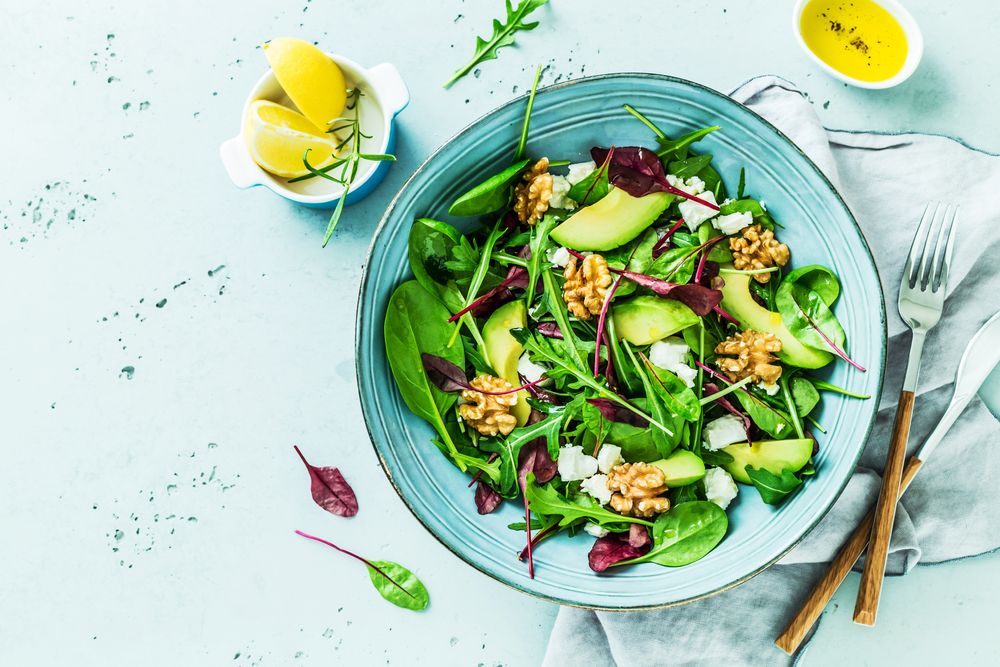
Here are some simple and nutritious salad combinations to try. Start with a base of mixed greens, such as spinach or kale, and add colorful vegetables like cherry tomatoes, cucumber slices, and bell peppers. Boost the protein content with ingredients like grilled chicken breast, boiled eggs, or chickpeas. For added flavor and texture, include toppings like crumbled feta cheese or sliced almonds. Finish it off with a drizzle of olive oil and lemon juice for a light dressing. These combinations are quick to prepare and provide a satisfying meal that is packed with nutrients.
2 Salad Dressing Options for Flavor and Health
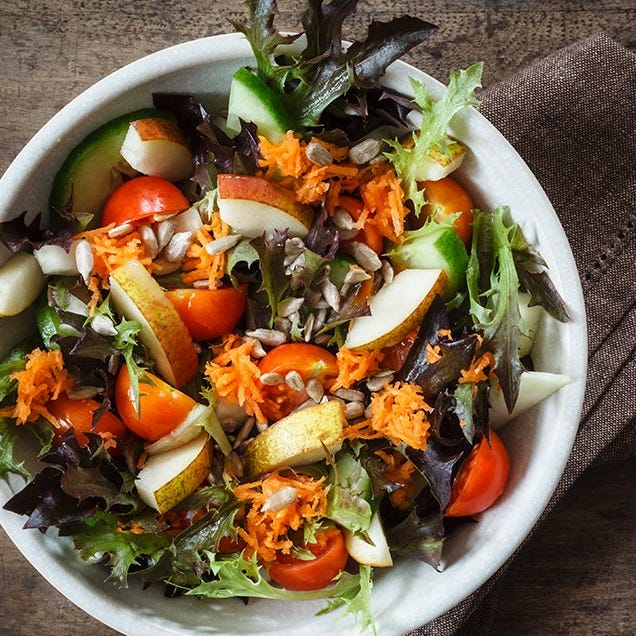
When it comes to dressing your salad, there are plenty of options that can add flavor without compromising on health. Two great choices are a balsamic vinaigrette and a lemon tahini dressing. The balsamic vinaigrette adds tanginess and depth with its combination of balsamic vinegar, olive oil, Dijon mustard, honey, and garlic. On the other hand, the lemon tahini dressing brings creaminess and zest with its blend of tahini paste, lemon juice, garlic, water, and salt. Both dressings provide a delicious complement to your salad while keeping it nutritious.
Impact of a Salad Diet on Weight Management

Incorporating salads into your diet can have a positive impact on weight management. Salads are low in calories and high in fiber, which helps to keep you feeling full and satisfied. They also provide essential nutrients while being low in unhealthy fats and sugars. By replacing a high-calorie meal with a nutrient-dense salad, you can reduce overall calorie intake and support weight loss goals. Additionally, the abundance of vegetables in salads promotes healthy digestion and regular bowel movements, aiding in weight management.
1 Role of Salads in Weight Loss

Salads play a crucial role in weight loss due to their low calorie and high fiber content. By replacing a high-calorie meal with a nutrient-packed salad, you can reduce overall calorie intake while still feeling satisfied. The high fiber content in salads helps to keep you full for longer, curbing cravings and preventing overeating. Additionally, the abundance of vegetables in salads provides essential nutrients without adding excessive fat or sugar. Incorporating salads into your diet can be an effective strategy for achieving and maintaining a healthy weight.
2 How Salads Can Support a Healthy Weight
Salads can support a healthy weight in several ways. Firstly, they are low in calories, making them an excellent choice for weight loss or maintenance. Secondly, salads are high in fiber, which aids digestion and helps you feel fuller for longer. By replacing higher-calorie meals with nutrient-packed salads, you can reduce overall calorie intake without sacrificing satisfaction. Additionally, the abundance of vegetables in salads provides essential nutrients without adding excessive fat or sugar. Incorporating salads into your diet is a simple and effective way to support your weight management goals.
Health Benefits of Key Salad Components
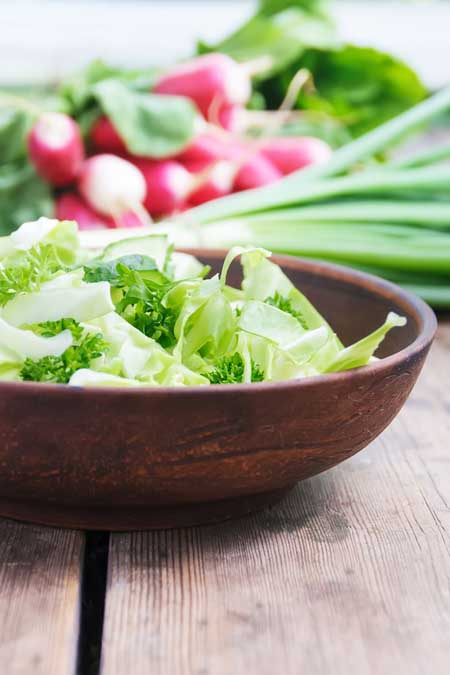
Adding key components to your salad can provide numerous health benefits. Lean proteins, such as grilled chicken or tofu, are rich in essential amino acids that support muscle growth and repair. Healthy fats, like avocado or olive oil, help absorb fat-soluble vitamins and promote heart health. Fiber-rich ingredients like leafy greens, vegetables, and whole grains aid digestion and maintain healthy cholesterol levels. Including these components in your salad not only adds flavor but also enhances the nutritional value of your meal for optimal well-being.
1 Benefits of Adding Lean Proteins to Your Salad
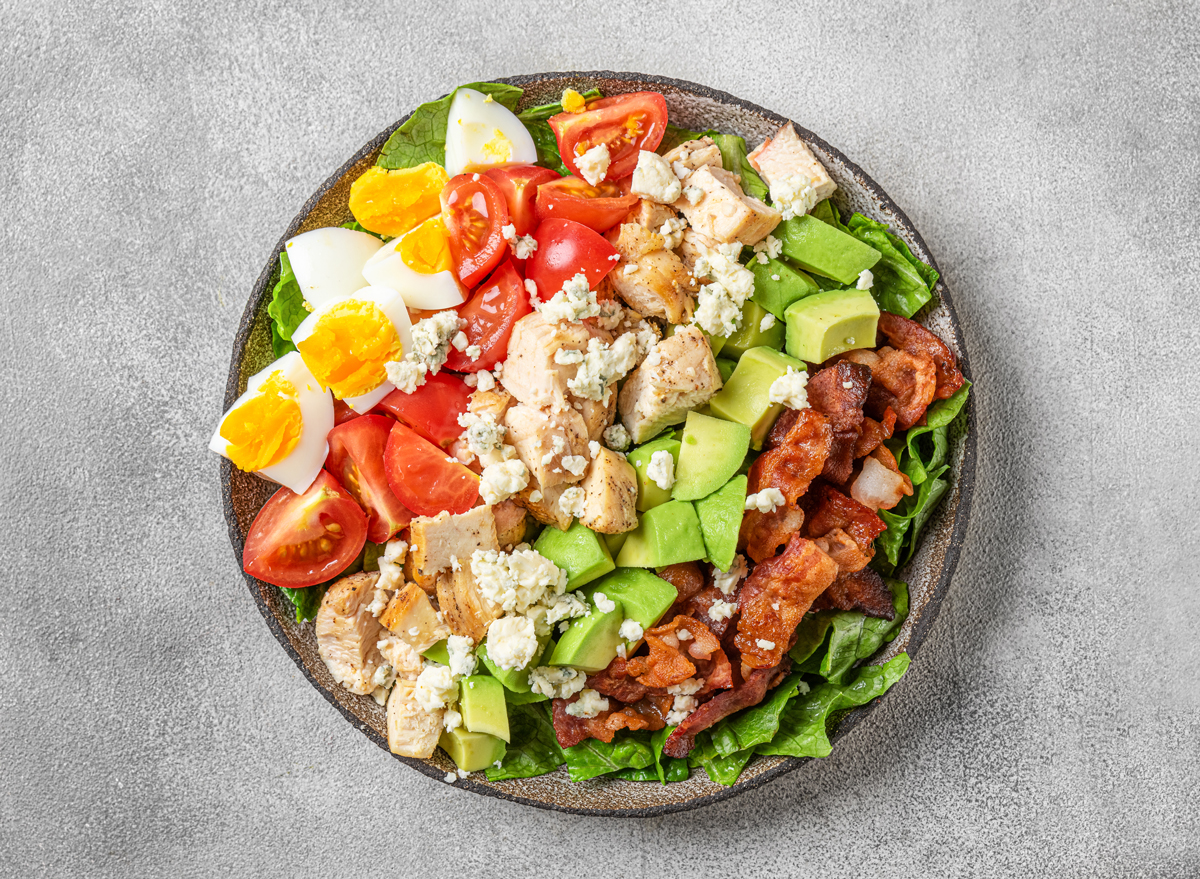
Adding lean proteins to your salad can provide a wide range of health benefits. Lean proteins, such as grilled chicken or tofu, are rich in essential amino acids that support muscle growth and repair. They also help keep you feeling full and satisfied for longer periods of time, which can aid in weight management. Additionally, lean proteins are lower in saturated fat compared to fatty meats, making them a heart-healthy choice. Including lean proteins in your salad adds flavor and boosts the nutritional value of your meal.
2 Importance of Healthy Fats and Fiber in Salad Ingredients
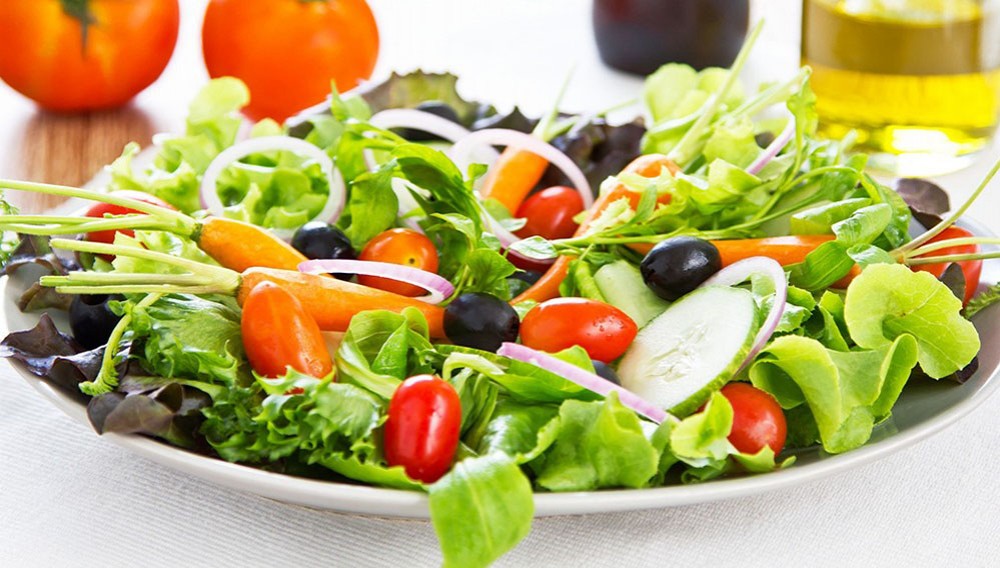
Including healthy fats and fiber in your salad ingredients is essential for a well-rounded and nutritious meal. Healthy fats, such as those found in avocados, nuts, and olive oil, provide important nutrients like omega-3 fatty acids that support brain health and reduce inflammation. Fiber-rich ingredients like leafy greens, vegetables, and whole grains aid digestion and promote feelings of fullness. These components not only add texture and flavor to your salad but also contribute to heart health and weight management. So don't forget to include these beneficial elements in your next salad creation!
Conclusion
In conclusion, a healthy salad diet offers numerous benefits for overall health and well-being. By incorporating nutrient-rich ingredients like leafy greens, vegetables, lean proteins, healthy fats, and fiber, salads provide essential vitamins and minerals while supporting digestion, weight management, and heart health. Remember to experiment with various salad combinations and dressings to keep your meals interesting and flavorful. Making salads a regular part of your diet can lead to improved energy levels, enhanced nutrient intake, and a greater sense of satisfaction from eating wholesome foods.
1 Recap of the Benefits of a Healthy Salad Diet

A healthy salad diet offers numerous benefits for overall health. By incorporating nutrient-rich ingredients like leafy greens, vegetables, lean proteins, healthy fats, and fiber, salads provide essential vitamins and minerals while supporting digestion, weight management, and heart health. They can lead to improved energy levels, enhanced nutrient intake, and a greater sense of satisfaction from eating wholesome foods. Making salads a regular part of your diet is a simple yet effective way to nourish your body and promote optimal well-being.
2 Tips for Sustaining a Nutritious Salad-Based Lifestyle
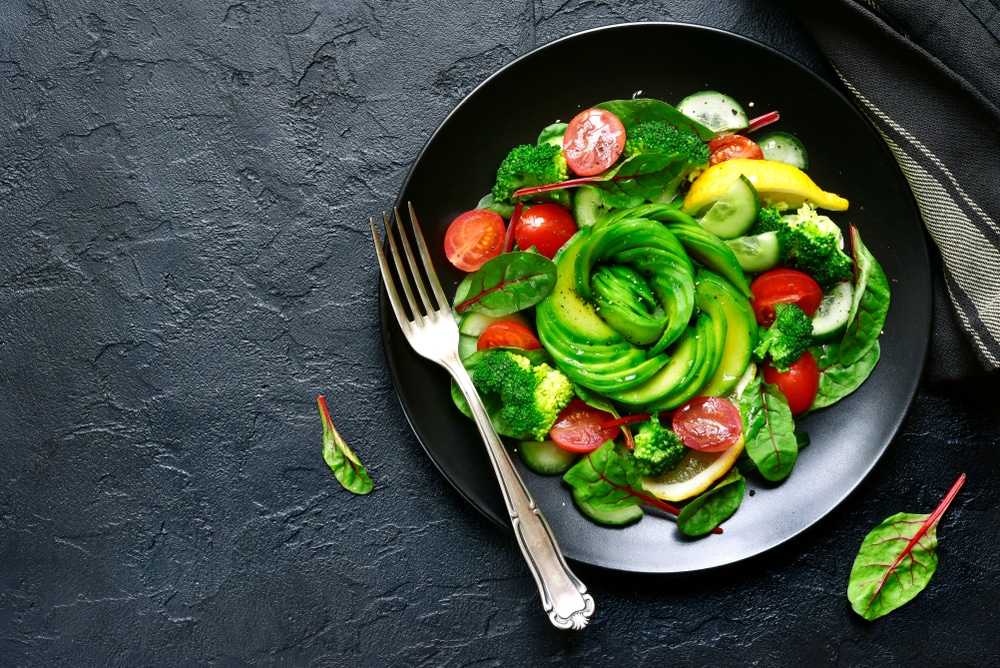
To maintain a nutritious salad-based lifestyle, it's important to keep things interesting and vary your ingredients. Here are two tips to help you stay on track:
- Experiment with different flavors: Try adding fruits, nuts, seeds, or even roasted vegetables to your salads for added taste and texture.
- Plan ahead: Preparing your salads in advance can save time and ensure you have healthy options readily available. Invest in quality storage containers to keep your salads fresh and easily portable.
By incorporating these tips into your routine, you can enjoy the benefits of a salad-based diet while keeping things exciting and sustainable.
